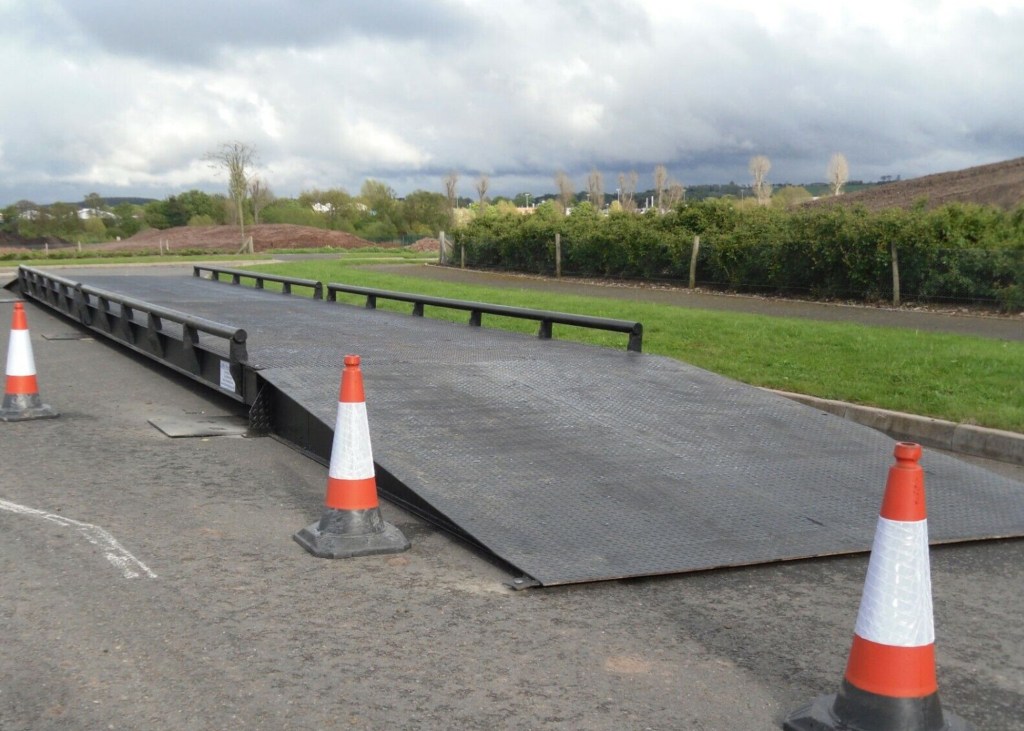Are you planning a road trip in your motorhome? It’s important to remember that overloading your motorhome can be dangerous and cause serious damage to your vehicle. In this article, we’ll discuss the dangers of overloading and provide practical tips to help you avoid overloading your motorhome.

Dangers of Overloading Your Motorhome
Overloading your motorhome can cause a variety of issues, including:
Tyre Blowouts: Overloading puts extra weight on your tyres, causing them to wear out faster and increasing the risk of a blowout.
Brake Failure: Overloading your motorhome can put extra strain on your brakes, making it harder to stop and increasing the risk of brake failure.
Suspension Damage: Overloading can cause damage to your motorhome’s suspension system, leading to costly repairs and decreased safety.
Reduced Fuel Efficiency: Overloading your motorhome can reduce your fuel efficiency, costing you more money in gas and putting unnecessary strain on your engine.
How to Avoid Overloading Your Motorhome
Here are some practical tips to help you avoid overloading your motorhome:
Know Your Weight Limits: Before you hit the road, make sure you know your motorhome’s weight limits. This includes the Gross Vehicle Weight (GVW), which is the maximum weight your motorhome can safely carry, and the payload capacity, which is the amount of weight your motorhome can carry in addition to its own weight.

Weigh Your Motorhome: In the UK, weighing your motorhome using a weighbridge is a straightforward process. A weighbridge is a large platform scale that can weigh vehicles and their loads. You can find weighbridges at truck stops, waste management sites, and other commercial facilities. To weigh your motorhome on a weighbridge, you’ll need to drive onto the platform and stop in the designated area. You’ll then need to follow the instructions provided by the operator, which usually involve getting out of your motorhome and waiting for the operator to weigh your vehicle. Once the weighbridge has recorded your motorhome’s weight, you’ll be given a printout that shows the weight of each axle and the total weight of your vehicle. You can then use this information to make sure you’re not overloading your motorhome and to adjust your packing and loading accordingly.
Pack Light: When packing for your road trip, try to pack light and only bring the essentials. This will help you stay within your weight limits and reduce the risk of overloading.
Distribute Weight Evenly: When loading your motorhome, make sure to distribute weight evenly. This will help prevent uneven wear on your tyres and reduce the risk of suspension damage.

Towing A Car: It’s important to remember that when towing a car behind your motorhome, you are adding extra weight to your vehicle. This can increase the risk of overloading and put extra strain on your tyres, brakes, and suspension system. To avoid overloading, make sure you know your motorhome’s weight limits. You should also weigh your motorhome and car separately to make sure you’re not exceeding your weight limits. By following these tips and being mindful of the weight you’re adding to your motorhome, you can help ensure a safe and enjoyable road trip with your car in tow. In the UK, there are certain legislative requirements you need to meet when towing a car behind your motorhome. The first is that the car being towed must have its own brakes, which can be either mechanical or electronic. If the car doesn’t have its own brakes that will operate when towed, then a dolly or trailer with brakes must be used. Additionally, the total weight of the motorhome and the car being towed must not exceed the Gross Train Weight (GTW) of your motorhome. You’ll also need to make sure that your motorhome is equipped with the correct towing equipment, such as a tow bar and electrics, and that the car being towed is securely attached and properly balanced. It’s important to check the specific requirements and regulations for towing a car in the UK, as failure to comply with these can result in fines, penalty points, or even prosecution.
Conclusion
Overloading your motorhome can be dangerous and cause serious damage to your vehicle. By knowing your weight limits, weighing your motorhome regularly, packing light, distributing weight evenly, and using a weight distribution hitch, you can help avoid overloading and ensure a safe and enjoyable road trip.
